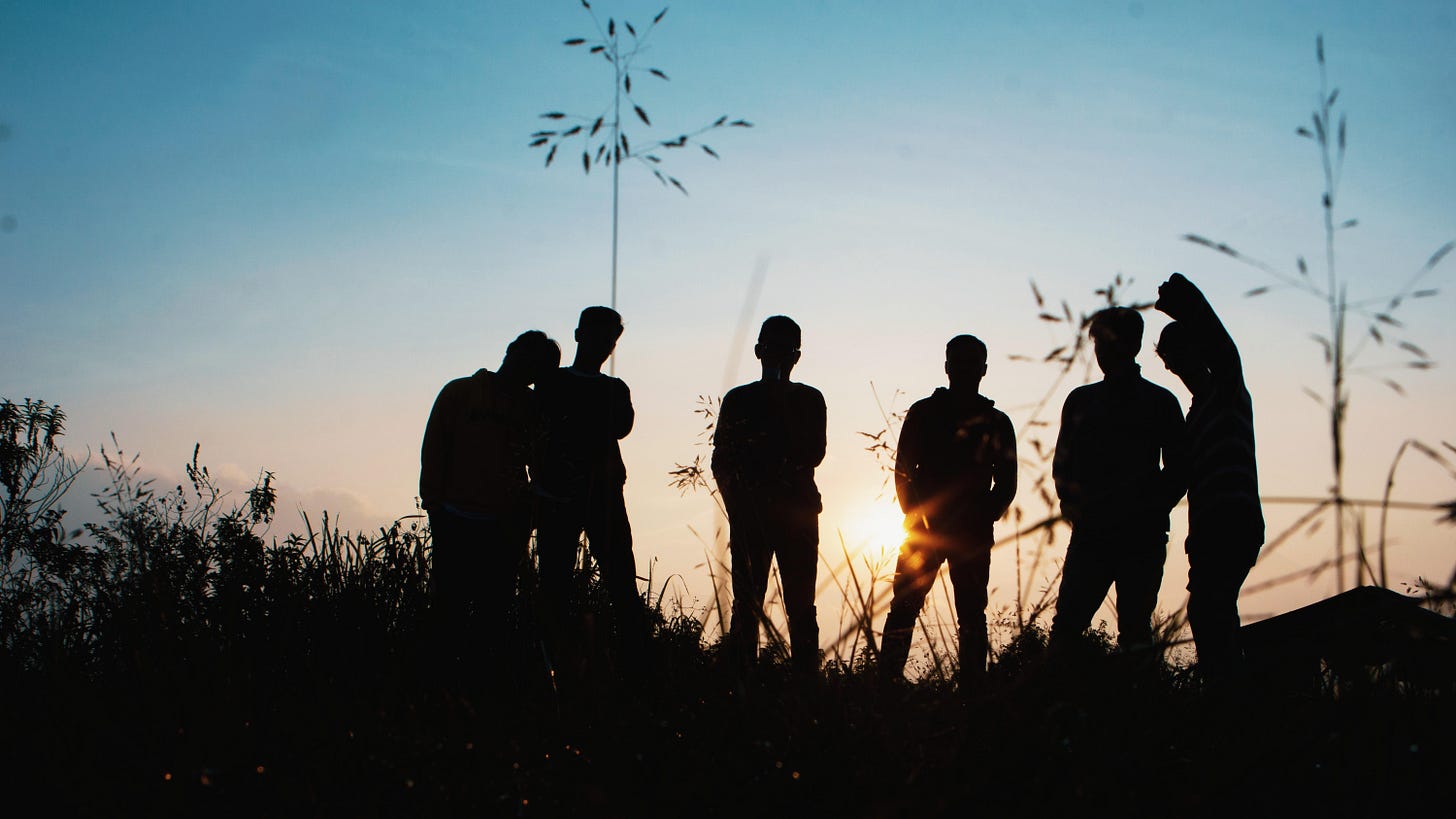Gethsemane and Catholic Masculinity
Catholic and traditional masculinity aren’t the same

Women’s roles today are very different than a half century ago. And men are asked to accommodate these changes while fulfilling their traditional role of protecti…


